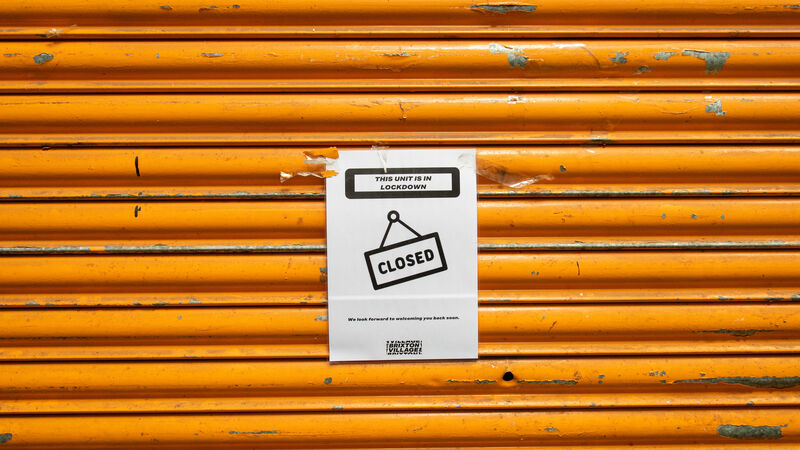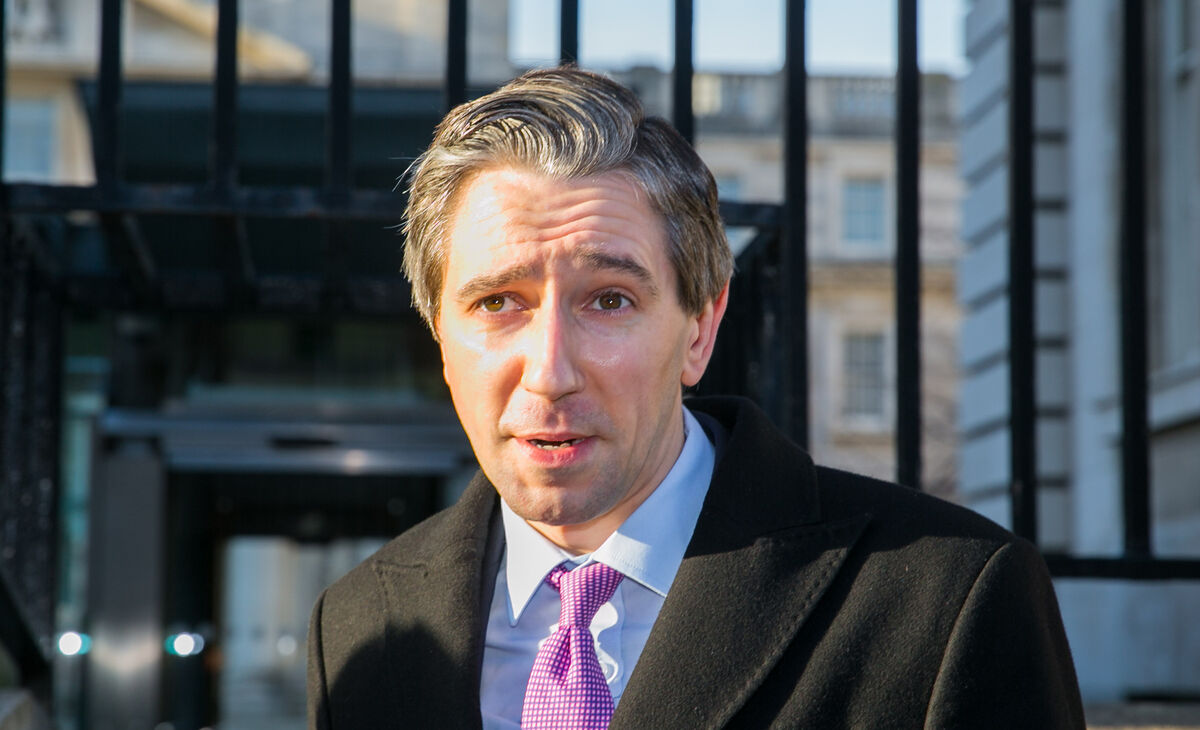Joyce Fegan: Lockdown Take 3 - 'This is getting in on top of all of us'

A closed sign outside a shuttered shop. There is no sugar-coating your way out of disappointment, depletion and despair as Lockdown Take 3 bites. You just have to feel your way out of it as we move into a state of recovery rather than disaster management.
So there is cause for hope, but that still doesn’t make it any easier, nor does it suddenly replenish our empty resiliency bank.

But while we may feel utterly depleted and almost institutionalised by adherence to social distancing and isolation, there is actual concrete hope.






